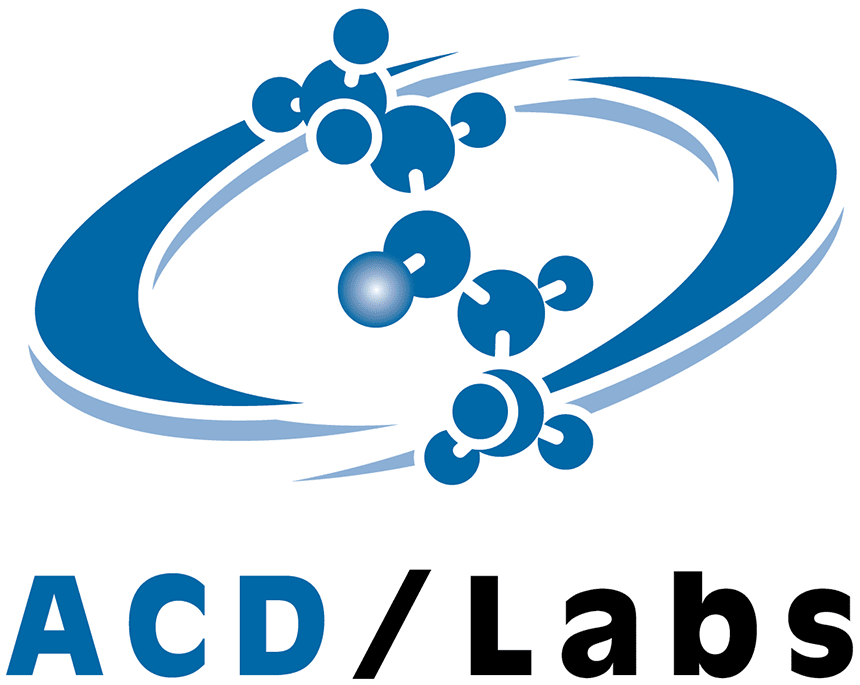Pyrolysis involves the thermal degradation of a sample in the absence of oxygen to produce smaller molecules (or pyrolysates) that are more amenable to analysis by gas chromatography with mass spectrometry (GC–MS). It is a useful technique for the characterisation of solid samples, such as paper and polymers, as well as insoluble samples, which are difficult to introduce into a GC–MS system by any other approach. The direct sample introduction also means that very small sample quantities are required, in the range of micrograms to milligrams.
For these reasons, pyrolysis coupled with GC–MS (Py–GC–MS) has been widely adopted for materials characterisation to provide important compositional and structural information without sample pre-treatment. It has already been applied across a range of application areas, such as the investigation of polymer blends in biodegradable bags[1] and forensic investigation of tyre rubber at road traffic accidents.[2]
Here, we use the OPTIC-4 Pyro multi-mode inlet for pyrolysis of liquids or solids at temperatures up to 700°C with fast heating speeds up to 60°C /s. The samples are pyrolysed directly inside the inlet, meaning that no expensive external instruments are required. Additionally, when coupled with SepSolve’s sample preparation robot (SPR), the process can be fully automated using the liner exchanger (LINEX) option.
However, the resulting chromatograms (or pyrograms) are often extremely complex, meaning multiple co-elutions are observed when using conventional 1D GC. In recent years, the complexity of such samples has been revealed using comprehensive two-dimensional GC (GC×GC).
In this study, we demonstrate how the increased separation capacity of GC×GC using INSIGHT® flow modulation, coupled with highly-sensitive confident identification by BenchTOF2™ time-of-flight mass spectrometers (TOF MS), provides improved characterisation of materials such as tyres, paper and plastics.





